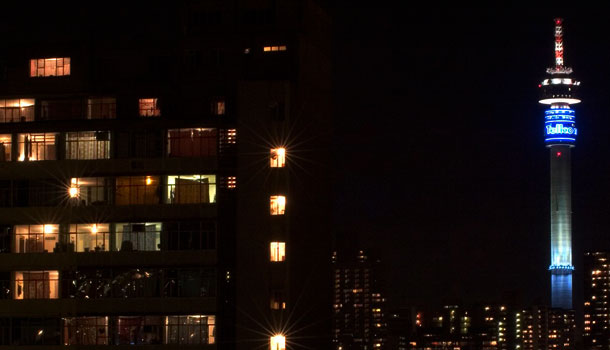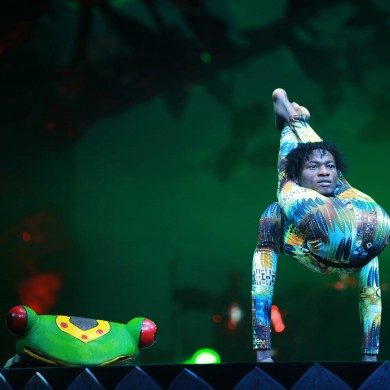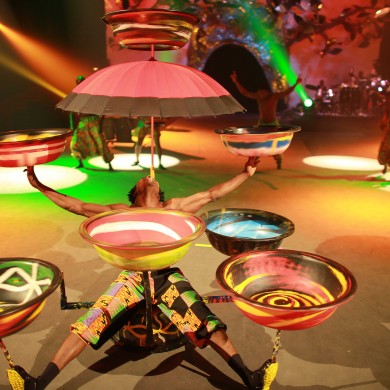I called my mom a few days ago. Our conversation went from how business was doing to my daughter, and closed with an invite to Nyanyadu, Dundee in northern KwaZulu-Natal. This small town is full of culture and history, and boasts the Blood River heritage site, where the Boers and the Zulus battled, as one of its main tourist attractions.
My mother grew up here. She left the village when she went to varsity in the late 80s and worked her butt off to make sure she did not have to return permanently.
I too spent the first four to five years of my life in Nyanyadu but it’s been years since I’ve returned. My last stay was in 2004, for about a month. My parents would ship my siblings and me down to Dundee twice or thrice a year – depending on how much we had pissed them off – so they could have a break.
The five-hour ride (sometimes it took eight or nine hours) was uncomfortable and always overcrowded by at least 40 people (this is how people die!). We would take our seats and wave goodbye to our parents but by the time we got to the third pick-up spot, before even exiting Johannesburg, somebody would have told us to “give a seat to your uncle” and we’d find ourselves standing the rest of the way.
Being a kid, these trips, although mostly disastrous, were opportunities for adventure for my siblings and me. We would enjoy seeing something strange happen because it meant we had endless stories to tell when we were back home.
Years later and now grown up, I’m looking forward to going back to my roots and seeing my sweet grandmother but the discomforts of rural life are too real to ignore. Discomforts like walking a kilometre to get water from the well, another two to visit family, and dare you run out of airtime, it’s another 500m walk to the tuck shop. That’s not all though. Everything else is just a process. One has to think long and hard before making decisions about simple things like breakfast.
Several things must happen for my full English breakfast to materialise. First I must wrestle the hens to get some eggs, and then risk a kick to the chin from the cow for some fresh milk. The night before, I need to make sure that bread is bought or baked by my gran. I have to pick veggies from the garden and make sure there is enough water. By the time I get around to actually enjoying breakfast I am exhausted!
I had to consider this trip carefully. I am now, although not always proud of the fact, a thoroughbred urban woman. I no longer enjoy endless cow herding and long works to the stream. I want my technology working all the time; I want proper roads and shopping experiences. Simply put, I cannot survive where I come from anymore.
Not wanting to lose family contact, we have tried to get my grandmother to move to Jo’burg and join the rest of our family. “The farm is far too big for you to be on, gran; you’re old and have no one to take care of you.” Her response is always the same: “The farm is my home, why do you think your grandfather left it to me?”
I suppose everyone has that one place they end up calling home. For a young, urban African girl like me, that home has been redefined as somewhere with comfort, working technology and a vibrant economy. Until Nyanyadu, Dundee can offer me these things, I am staying a city brat.
Ntokozo Khumalo is a business writer, reporter, and producer. She is also the director of Hot Content Media. Connect with her on Twitter.





